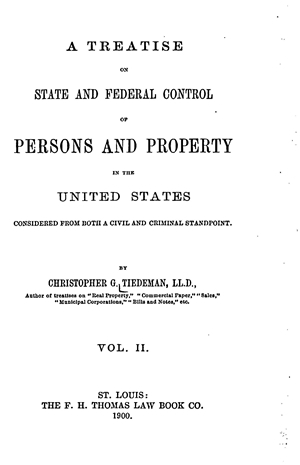
**Shell Wins Appeal Against 2021 Dutch Court Ruling to Reduce Global Emissions, Yet Wider Climate Duties Persist**
In a groundbreaking ruling that has ignited international reactions, Shell prevailed in appealing a Dutch court verdict that mandated, in 2021, a 45% decrease in its global carbon dioxide (CO₂) emissions by the year 2030. This original ruling was significant for various reasons, primarily because it marked the first instance in which a court required a private entity to structure its operations in accordance with the climate goals established in the 2015 Paris Agreement.
The 2021 decision went beyond Shell’s direct activities, influencing the entire supply chain of the company, including its suppliers and customers. This set a new precedent regarding corporate responsibility for global emissions, reflecting the escalating conflict between the energy sector and climate change mitigation efforts.
### The Appeal Judgment: A Complicated Outcome
The Dutch appellate court, as described in its [ruling](https://uitspraken.rechtspraak.nl/details?id=ECLI:NL:GHDHA:2024:2100), sided with Shell but recognized that companies hold considerable responsibility in the climate change battle. The court maintained that Shell could not be obliged to adhere to specific reduction goals—like the 45% reduction by 2030—indicating that such requirements should not be uniformly applied to every corporation and industry. This ruling suggests that despite Shell’s lack of a binding legal obligation to achieve the 45% target, it still bears a responsibility to play a part in broader CO₂ emission reductions.
The judiciary reiterated that *”companies such as Shell, which play a significant role in the climate crisis and possess the ability to assist in mitigating it, are obligated to cap CO₂ emissions to combat severe climate change.”*
Nonetheless, the ruling highlighted the importance of setting climate policies and precise emission benchmarks at the governmental level. Shell had previously contended that individual company emissions limits would not sufficiently tackle global energy demand, asserting that systemic changes should stem from regulatory frameworks rather than legal rulings.
### Shell’s Reaction: Redirecting the Narrative
In the wake of the ruling, Shell issued a [statement](https://www.shell.com/news-and-insights/newsroom/news-and-media-releases/2024/shell-welcomes-dutch-court-of-appeal-ruling.html) expressing its support for the decision. The company reiterated its belief that emission reductions should be spearheaded by policy initiatives and regulatory standards, positing that *“effective government policies, alongside investment and action across all sectors, will catalyze the advancements towards net-zero emissions that we collectively seek.”*
Regarding its environmental obligations, Shell has been working on transitioning to sustainable energy sources, but it has faced criticism for loosening its immediate emissions reduction targets. The company aligns its position with the view that increasing global energy demands, intensified by economic and geopolitical pressures, render it tough to pivot from fossil fuels at the desired rate set by climate advocates.
### Global Oil and Gas Expansion vs. Climate Objectives
Interestingly, Shell’s appeal victory coincides with heightened investments in the fossil fuel sector. The company, alongside Norwegian oil giant Equinor, is currently dealing with legal disputes in Scotland concerning new oil and gas field projects like Jackdaw and Rosebank, amid worries from environmental groups about ongoing sector expansion despite warnings of climate change. Globally, investment in oil and gas exploration is on the rise, resulting in a *“significant expansion of liquefied natural gas (LNG) capacity,”* according to Carbon Tracker analyst Maeve O’Connor. O’Connor notes that global LNG output is projected to grow by as much as 50% by 2030, leading to an expected oversupply, highlighting the conflict between energy requirements and emission reduction goals.
While Shell and other leading oil firms advocate for cleaner technologies and renewable investments, these trends suggest that fossil fuels—including natural gas, often portrayed as a cleaner substitute for coal and oil—will continue to be a significant element of the global energy mix for the foreseeable future.
### A Broader Perspective: ESG and Methane Standards in the Spotlight
Significantly, Shell’s triumph occurs as oil and gas firms encounter escalating demands from various groups, including shareholders and governmental bodies, regarding their climate change responsibilities. Earlier this year, Shell followed BP in downgrading its short-term emissions reduction goals, attributing this decision to the rising energy demand. Analysts like O’Connor assert that this rollback has been spurred by increasing investor pressure following considerable windfall profits—profits that surged during the energy crisis triggered by Russia’s invasion of Ukraine—and a growing perception that investments in renewable sources yield lower returns compared to conventional fossil fuel initiatives.
Compounding the situation’s complexity are disclosures from organizations like Carbon Tracker, which indicate that progress